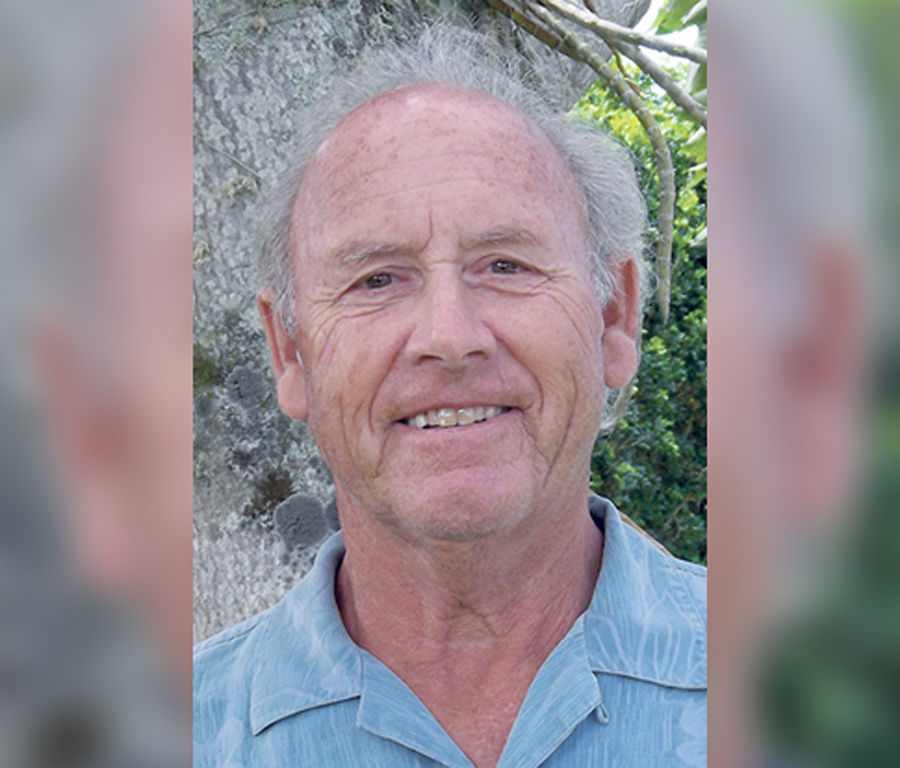Stress can be difficult to define but it plays a big role in our existence. Stress, in and of itself, is not really bad or good. It is a component of our natural “fight or flight” instinct. It is a
Stress can be difficult to define but it plays a big role in our existence. Stress, in and of itself, is not really bad or good. It is a component of our natural “fight or flight” instinct. It is a natural mechanism that enables us to respond to challenges in life. When we encounter stressors, or situations that are challenging, we automatically switch to a higher level of alertness, consciousness, and focus. We respond with a certain level of stress. That level can be positive or negative.
The positive form of stress allows us to control the stress. In so doing we build confidence and feel empowered while successfully dealing with whatever the stressful situation is. On the other hand, when we respond with a negative level of stress, that negativity prevents us from controlling the stress. When stress is uncontrollable, it produces negative consequences.
Stress is an inevitable part of our existence, but when it becomes chronic, it plays a key role in our overall physical and psychological health. Chronic stress can cause physiological changes that can cause health problems.
Many diseases are either caused by or made worse by stress. Things like cancer, heart disease, migraine headaches, ulcers, and back and spine problems can all be caused or made worse by negative stress. So, how do we prevent stress from contributing to ill health?
I suggest two things: one is that we learn stress management techniques, and two, is that we learn to eliminate some of the stressors in our lives.
Both of these options may prove difficult, but are necessary if we wish to accomplish a goal of optimum health and enjoyment in life.
While discussing the elimination of stressors, it is important to assess what your stressors are, and whether or not it is practical or possible to modify or eliminate them.
I would suggest that you begin by considering which stressors can be removed; what situations and circumstances in your life can you avoid or not participate in? Next, you have to be completely honest with yourself, while considering the short- and long-term effects of your decisions. If, after careful consideration, you cannot eliminate any of the stressors in your life, or if after removing some stressors, you are still having difficulties, you must learn how to manage the remaining and ever changing stressors you will encounter. This is called coping.
Coping is a process of stress management that changes constantly. The two basic coping approaches are: One, we use our minds and our emotions to change how we view the stressors in our lives. Two, we learn to cope by developing our problem-solving skills.
Personally, I have by necessity learned to use both coping strategies simultaneously. The first strategy, which is learning to view stressors differently, works well as long as you don’t stick your head in the sand and live in denial. And it is important that you don’t try to adopt a new view without a strong foundation of realistic consideration for the consequences of all behaviors.
To develop a new view you need to reason out, and believe the new view honestly.
My personal favorite is problem solving because it tends to build confidence.
Finally, let me say that you are the best resource available for effective coping strategies. I believe that after gaining some new personal awareness through books such as the one this material is based upon (“We Don’t Come With Instructions: A Pocket Guide To Understanding Ourselves” by: Dennis Pezzato, Ph.D.), you can commit to taking the best care of yourself.
Good physical health, maintained through exercise, proper nutrition, sufficient rest, a positive attitude, good social support, and a belief in yourself, are all things you can do for yourself; things that will benefit you and your coping strategies. So go out there and cope!
Dennis Pezzato, Ph.D. Is a behavioral specialist, self-help author, cancer counselor, hospice volunteer, and advisory board member for the Agency on Elderly Affairs. Dr. Pezzato may be contacted at 826-8927.


